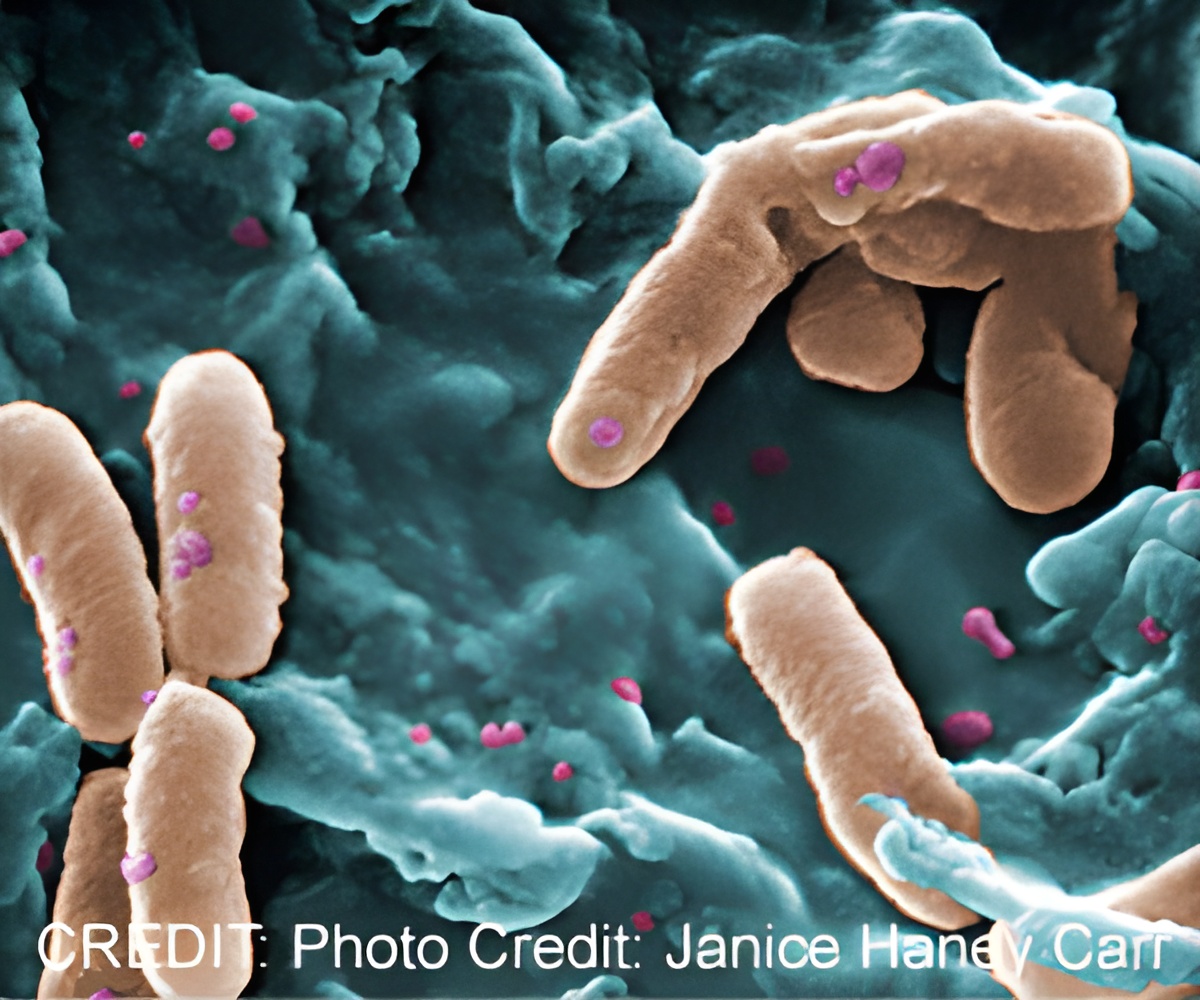
‘Gomesin functions as an antibiotic, which is a antimicrobial peptide (AMP) from the Brazilian spider Acanthoscurria gomesiana.’
Tweet it Now
According to the U.S. Centers for Disease Control and Prevention, 2 million people become infected with antibiotic-resistant bacteria in the U.S. each year. Because no known antibiotics work against these bacteria, patients simply have to hope that their natural defenses eventually overcome the infection.But some patients experience severe symptoms, landing them in a hospital, and in extreme cases, they could die.
Researchers are trying to find alternatives to traditional antibiotics, and one such possibility is a group of peptides called AMPs. These peptides are found in all plants and animals as a type of immune response and have been shown to be potent antibiotics in the laboratory.
Gomesin, an AMP from the Brazilian spider Acanthoscurria gomesiana can function as an antibiotic, but it also has anticancer activity. When gomesin was synthesized as a circle instead of as a linear structure, these characteristics were enhanced.
Sónia Troeira Henriques and colleagues wanted to further boost the peptide's traits.
Advertisement
In other experiments, the new AMPs specifically killed melanoma and leukemia cells, but not breast, gastric, cervical or epithelial cancer cells.
Advertisement
The group also notes that the modified AMPs were non-toxic to healthy blood cells.
Source-Eurekalert














